
or Keeping it (un)Real or Questions at the End, thanks. Yes, I know, thank you so much for watching, I’m really happy that you recognised me from the telly and decided to let me know that you had.

or Keeping it (un)Real or Questions at the End, thanks. Yes, I know, thank you so much for watching, I’m really happy that you recognised me from the telly and decided to let me know that you had.
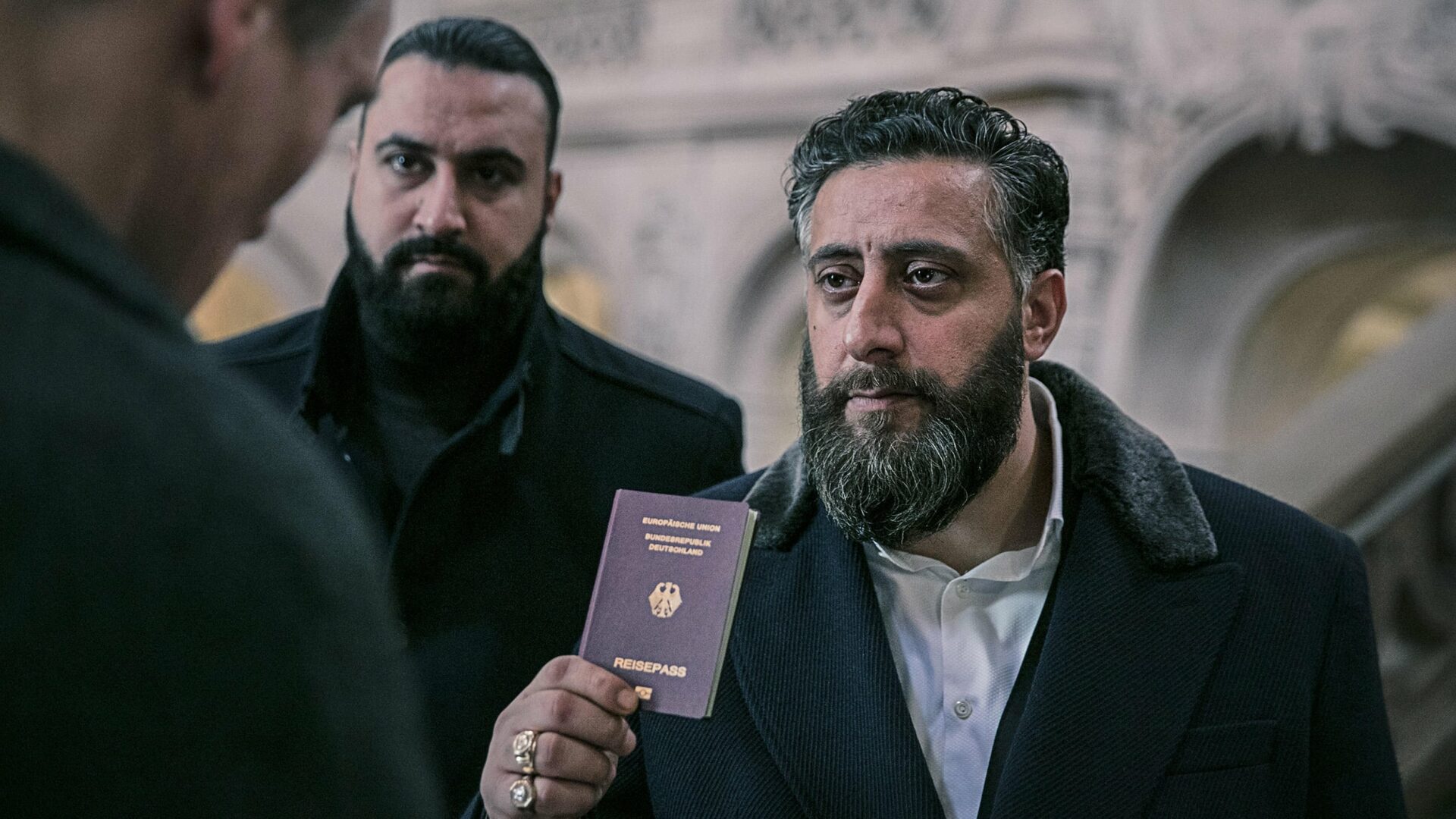
Panel Proposal Forty-Seventh Annual Conference of the German Studies Association October 5-8, Montréal, Québec, Canada From various ARD- and ZDF- Themenabende on “deutsche Glaubenskrieger” or “Die Islamdebatte”, to Fernsehfilme like Unterwerfung and Fernseh- and Streaming-Serien from Türkisch für Anfänger to 4 Blocks , to Friedrich Merz’ recent “kleine Paschas” statement on the
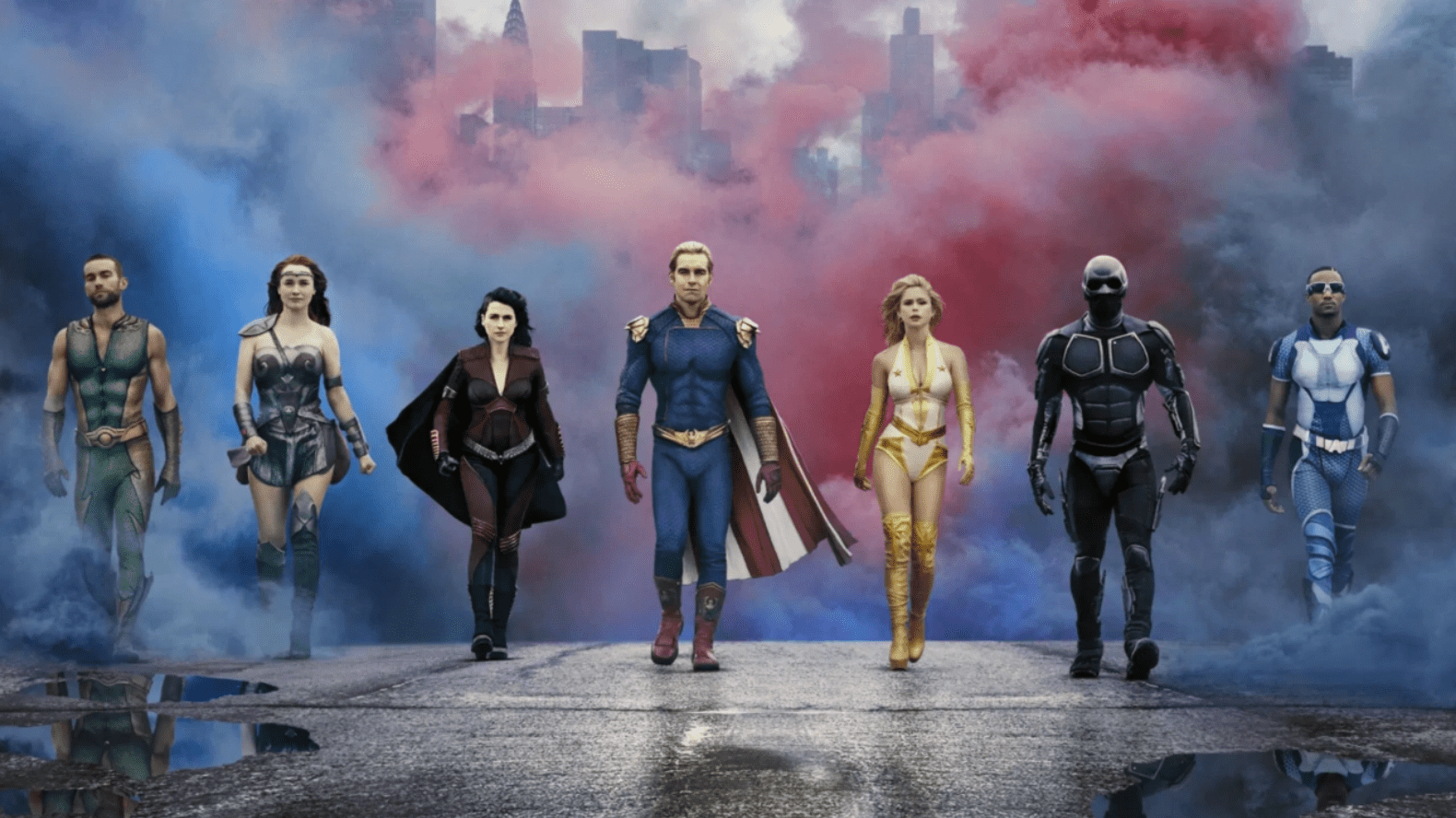
A fundamental element of the American imaginary, superhero and heroic narratives have seen a new apogee since the turn of the century. New and old heroes and heroines have populated popular culture, giving rise to a variety of texts that tackle diversity, nostalgia, and the need for imaginaries and narratives that help us deal with the struggles inherent to our current times.
Dear colleagues, We have just launched a new survey investigating the use of ‘trigger warnings’ in the classroom: https://hass.eu.qualtrics.com/jfe/form/SV_6xvCqDBwF2uXvnw Trigger and content warnings are part of public space. Potentially triggering content, including that related to gender-based violence, suicide, and racist violence, is flagged for audiences on social media, in festival programmes, or through pre-broadcast announcements.
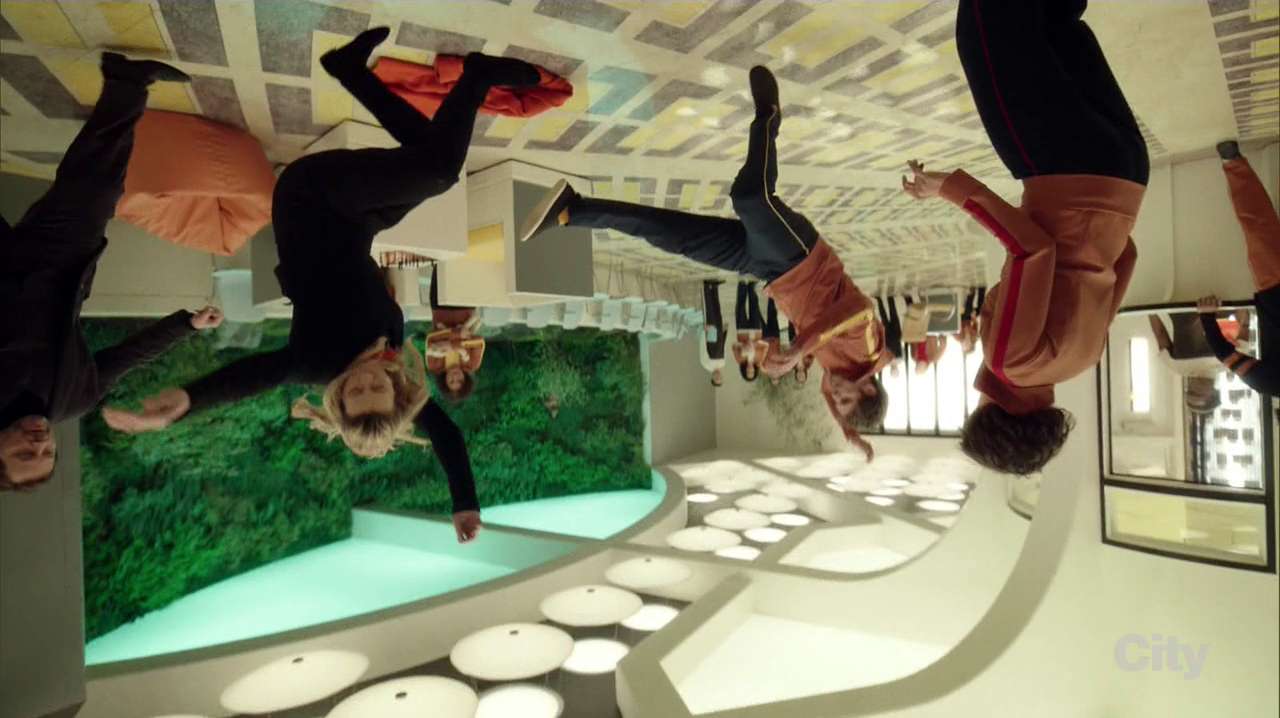
A University of Brighton/CREAM, University of Westminster conference July 27 th and 28 th 2023, University of Brighton, Grand Parade, BRIGHTON Organisers Dr. Christopher Hogg – C.Hogg@westminster.ac.uk (University of Westminster) Dr. Douglas McNaughton – D.Mcnaughton@brighton.ac.uk (University of Brighton) Overview Design is a key element of all sorts of

Why is there so little TV scholarship about TV and sports? —John Ellis John Ellis posed this simple yet salient question in his think piece for this online forum back on 21 May 2021. Given the outsize role that sports programming has played on TV around the world since the medium’s inception, it is indeed surprising that this subject has drawn such little interest from most television scholars over the years.
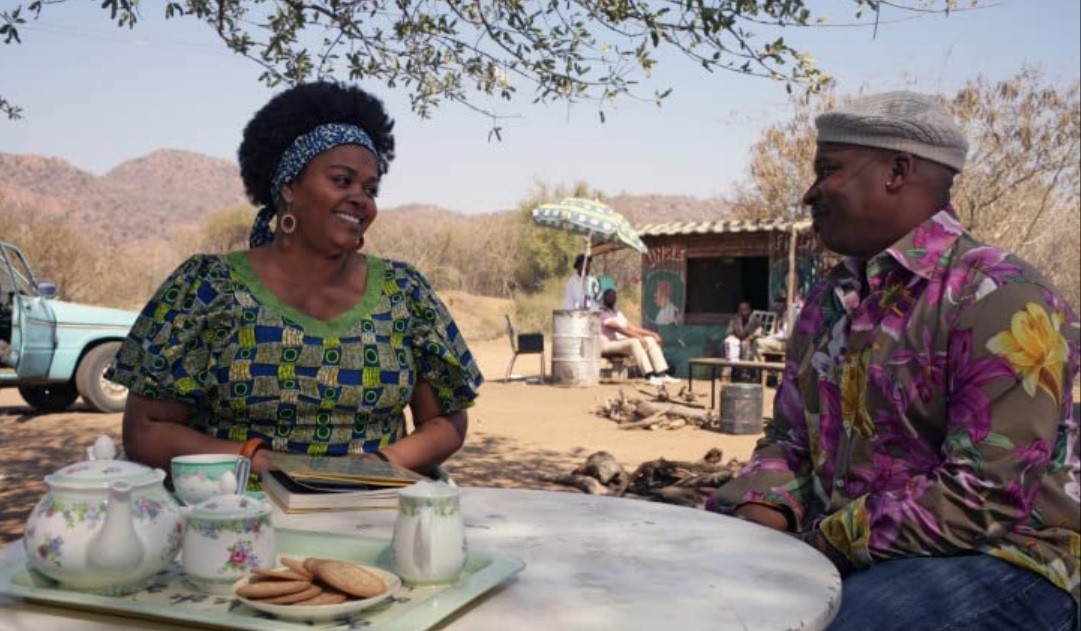
Picture it: Gaborone, Botswana, 2008. An international co-production between the US (HBO), UK (BBC) and South Africa (Film Afrika) is filming an adaptation of Scotsman Alexander McCall Smith’s book series about Tswana ‘lady detective’ Precious Ramotswe (Jill Scott in the adaptation), The No. 1 Ladies’ Detective Agency (HBO/BBC/Film Afrika, 2008-2009) .
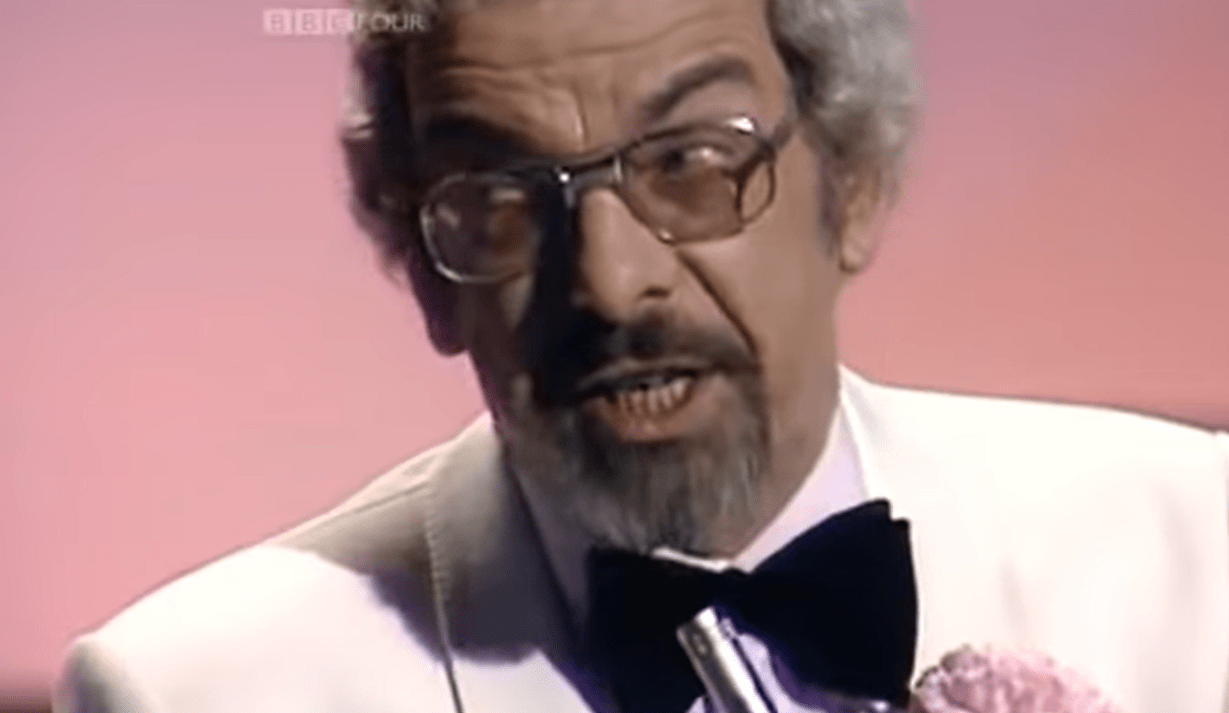
Sometimes… just sometimes… you can go back… Oh, I’m not talking here about something as lazy as nostalgia. We’ve debated the potential dangers of that before – of that attempt to wind time back to a point that you recall as being some idyllic perfect moment. No, what I’m thinking about here is perspective and experience… and how they form enjoyment.

Television continues to be a key site through which social and cultural power dynamics play out: behind the scenes, television struggles with traditional hierarchies that favour dominant discourses and people with multiple points of privilege. This is due to casualisation and long working hours remaining unsustainable for people for a number of reasons including caring responsibilities, non-normative bodies, or lower economic backgrounds.

VIEWJournal issue #25: The Changing Newsroom: Disinformation & Multimedia Journalism: The availability of technology and data as an opportunity and as a threat. Presented by: MediaNumeric Guest editors: Joke Hermes (InHolland University of Applied Sciences, MediaNumeric partner), Kuba Piwowar (SWPS, MediaNumeric partner) & Julia Conemans (Netherlands Institute for Sound & Vision, MediaNumeric partner &